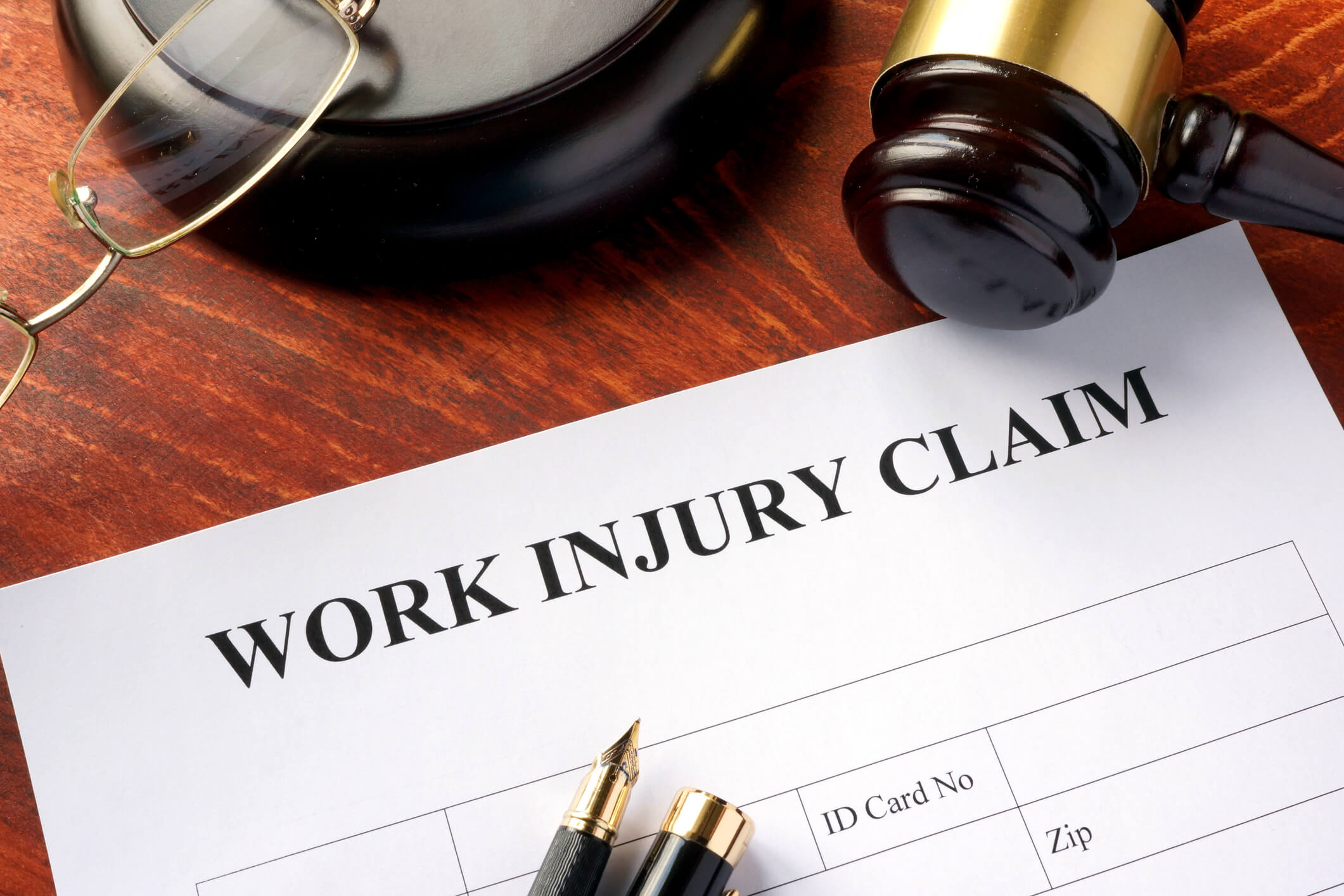Understanding how workers’ compensation boards approach claims has never been more crucial. According to Forbes, as many as 1 in 10 employees have mental health issues related to their job.
Many employees and employers alike remain unaware of the complexities. Whether you are a manager or a worker, examining the intricacies is essential. This knowledge ensures rightful compensation and fosters a healthier and more supportive workplace.
This article will help you understand your rights, the filing process, and how to approach them. Read on to empower yourself with the details you need for the weeks ahead.
Overview of Workers’ Compensation Boards
Workers’ compensation boards (WCBs) uphold labor rights and employee well-being. Therefore, they have a mandate to ensure that workers receive fair compensation. With slight variations regionally, this system shields employees from financial burdens.
The claim process typically begins with reporting the injury to the employer. Then, there is an evaluation to verify the claim and assess the severity. Based on this assessment, the board determines the compensation. They potentially cover medical bills, rehabilitation costs, and lost wages.
WCBs increasingly address the more nuanced area of mental health claims. Conditions such as work-related stress, anxiety, depression, and PTSD present unique challenges. Unlike physical injuries, these mental health issues are less visible and more difficult to measure. Despite this, they can be debilitating, profoundly affecting an employee’s work capability and life quality.
Challenges in Filing Mental Health Claims
A key hurdle in mental health claims is proving a direct link between the workplace and mental health concerns. Unlike physical injuries, where causality is often observable, mental health issues are generally more subjective. Claimants must show that their mental health condition is primarily due to their work environment. This task can be challenging due to the intricate mix of personal and professional influences. For example, it can be complex to separate stress from workplace harassment from private issues.
The stigma surrounding mental health presents another major obstacle. Many employees are reluctant to file mental health claims, fearing they might appear weak or unfit. This stigma can deter people from seeking help or delay reporting issues, further complicating the claims process.
There’s also significant variation in how workers’ compensation boards and insurance policies address mental health claims. The criteria for approval, coverage scope, and provided support differ. This inconsistency can leave employees uncertain about their rights.
Additionally, filing a mental health claim is often a time-intensive and daunting task. Gathering sufficient evidence entails navigating extensive paperwork, legal stipulations, and possibly multiple evaluations. This challenge intensifies as mental health issues can hinder an individual’s capacity to manage such a complex process.
Process of Filing a Mental Health Claim
Initiating a mental health claim involves recognizing and acknowledging that the issue is work-related. Next, you should notify your employer and seek medical evaluation to diagnose the condition.
Comprehensive documentation is vital. It should include medical records, psychiatric assessments, and proof of workplace incidents. Precise and complete documentation bolsters the claim and demonstrates the condition’s work-related nature.
The next step is to file the claim with the appropriate workers’ compensation board. This process involves completing specific forms and submitting all the evidence and medical reports. The board then begins its review, which may include requests for further information. They may also ask for an independent medical or psychological evaluation.
The outcome of a mental health claim can differ. If approved, the employee will receive details of their entitlements. In contrast, a denial opens the option to appeal, potentially requiring new evidence or further evaluations.
Legal Considerations and Rights
Understanding mental health claims means grasping the legal framework in your jurisdiction. These laws and regulations dictate handling mental health claims, eligibility criteria, and coverage. Employees must know these legal details, as they greatly influence a claim’s success. For example, while some areas might require a traumatic event, others might acknowledge ongoing stress.
Employees are entitled to claim without fear of retaliation or discrimination from their employer. This protection extends to their right to resume their role after a mental health-related leave. They also have the right to appeal if their claim receives a denial. On the other hand, employers can request appropriate documentation for the claim and participate in the process.
Consult a Local Workers’ Compensation Attorney
Getting through mental health claims to workers’ compensation boards can be a tremendous burden. But it is a vital step toward acknowledging your injuries and moving forward. Learning about the local laws and your rights is how you start to get what you deserve. However, you may still need legal assistance to advocate for yourself effectively.
Our representatives are available 24/7 to help connect you to a workers’ compensation lawyer. You can call us today at (866) 345-6784 or complete this online form to get connected!

